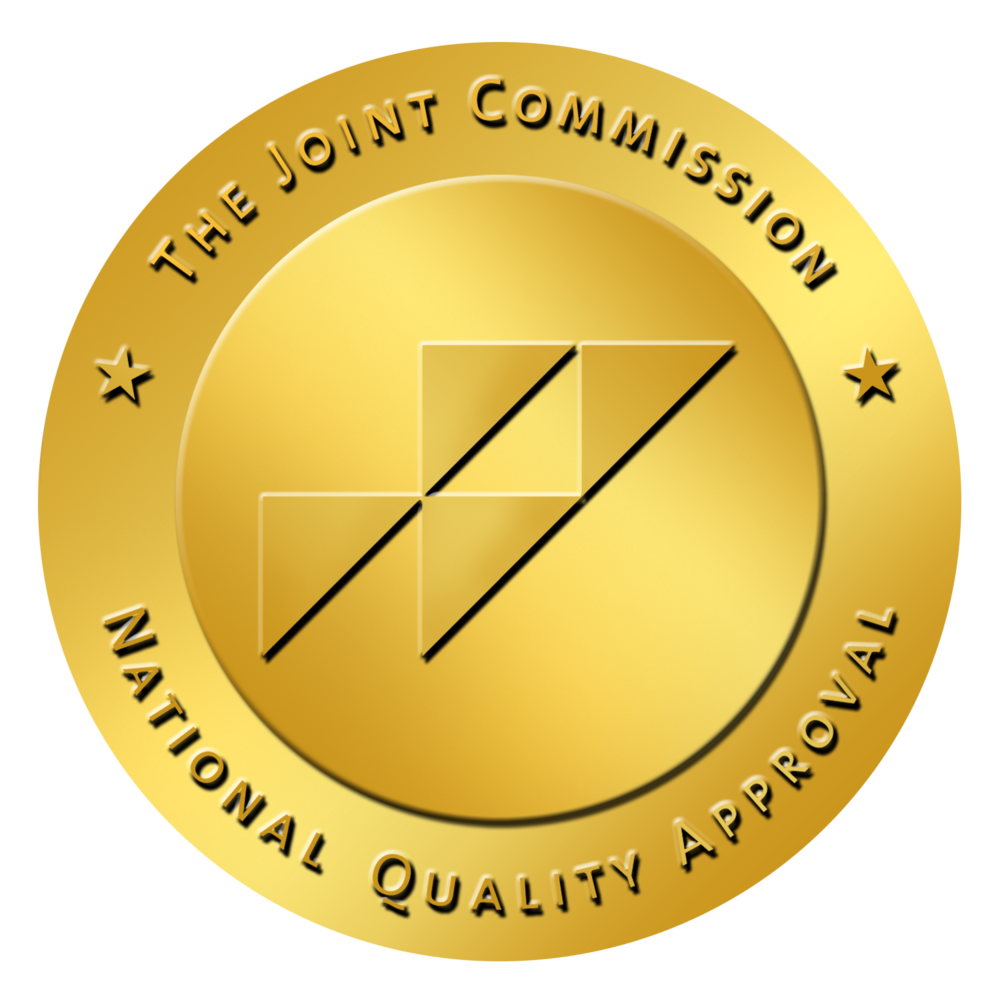Expressive arts therapy is a holistic and creative approach to mental health treatment that uses multiple forms of artistic expression to help individuals explore emotions, process trauma, and build coping skills. By integrating modalities such as art therapy, music therapy, journal therapy, and dance/movement therapy, patients at Aliya Mental Health can engage their mind, body, and spirit in the healing process.
What Is Expressive Arts Therapy?
Expressive arts therapy is a form of creative psychotherapy that allows individuals to express feelings and experiences through non-verbal and verbal mediums. Unlike traditional therapy, it emphasizes self-expression, personal insight, and experiential learning to promote mental, emotional, and behavioral well-being.
This approach is particularly effective for individuals who benefit from creative outlets, including those recovering from substance use disorders, trauma, anxiety, depression, or co-occurring mental health conditions.
Types of Expressive Arts Therapies
Expressive arts therapy encompasses a variety of creative modalities. At Aliya Mental Health, we integrate several approaches to provide comprehensive expressive arts therapy programs:
Art Therapy
Art therapy uses visual arts—such as drawing, painting, sculpture, and collage—as a tool to explore emotions, reduce stress, and foster personal growth. Participants engage in creative exercises guided by a licensed therapist, allowing for self-expression and reflection on mental health challenges.
Music Therapy
Music therapy incorporates instruments, songwriting, rhythm exercises, and listening activities to promote emotional expression, relaxation, and stress reduction. This therapy can help improve mood regulation, social skills, and cognitive function.
Writing Therapy / Journal Therapy
Writing therapy uses journaling, letters, and creative writing exercises to explore thoughts and emotions. Journal therapy encourages reflection, insight, and the processing of trauma or difficult experiences in a safe and structured way.
Dance / Movement Therapy
Dance and movement therapy (DMT) uses body-centered practices to express emotions, release tension, and foster mind-body awareness. Through movement exercises, improvisational dance, and guided sessions, patients can develop emotional regulation and personal resilience.
Benefits of Expressive Arts Therapy
Engaging in expressive arts therapy provides numerous mental, emotional, and physical benefits, including:
- Emotional benefits: Enhanced self-expression, improved mood, and processing of unresolved trauma
- Cognitive benefits: Increased self-awareness, problem-solving skills, and mindfulness
- Social benefits: Strengthened interpersonal communication, trust-building, and group support
- Physical benefits: Stress reduction, relaxation, and improved body awareness
Research shows that expressive arts therapy can be particularly effective for trauma recovery, substance abuse treatment, and co-occurring mental health disorders, making it a versatile and impactful therapeutic approach
Expressive Arts Therapy Programs at Aliya Mental Health
At Aliya Mental Health, our expressive arts therapy programs combine multiple creative modalities to meet the unique needs of patients from all walks of life. Our programs are:
- Person-centered: Tailored to individual goals, abilities, and interests
- Trauma-informed: Safe, compassionate, and non-judgmental for all participants
- Integrated: Complementary to research-based therapies such as CBT, trauma-focused therapy, and mindfulness-based interventions
- Group and individual formats: Providing peer support, skill-building, and personal reflection
patients can participate in structured art therapy, music therapy, journal therapy, or dance/movement therapy sessions, as well as combined expressive arts workshops that foster creativity, emotional exploration, and healing.
Start Today!
At our mental health treatment center, we believe that healing goes beyond words. With the guidance of an expressive arts therapist or art therapist, you can explore creative processes and art forms that support recovery from stress disorders, bipolar disorder, and other mental health challenges. Our treatment plans may include person-centered expressive arts, behavioral therapy, family therapy, and couples therapy, alongside research-based approaches like dialectical behavior therapy, acceptance and commitment therapy, motivational interviewing, narrative therapy, and emotionally focused therapy.
Through psychotherapy and counseling—including interpersonal psychotherapy, anger management, and expressive therapies—you’ll discover new ways to use creative arts and creative expression as powerful tools for growth.
If you’re ready to experience the benefits of person-centered expressive arts and learn more about expressive approaches to healing, reach out today. Our compassionate team is here to help you take the next step toward recovery.





